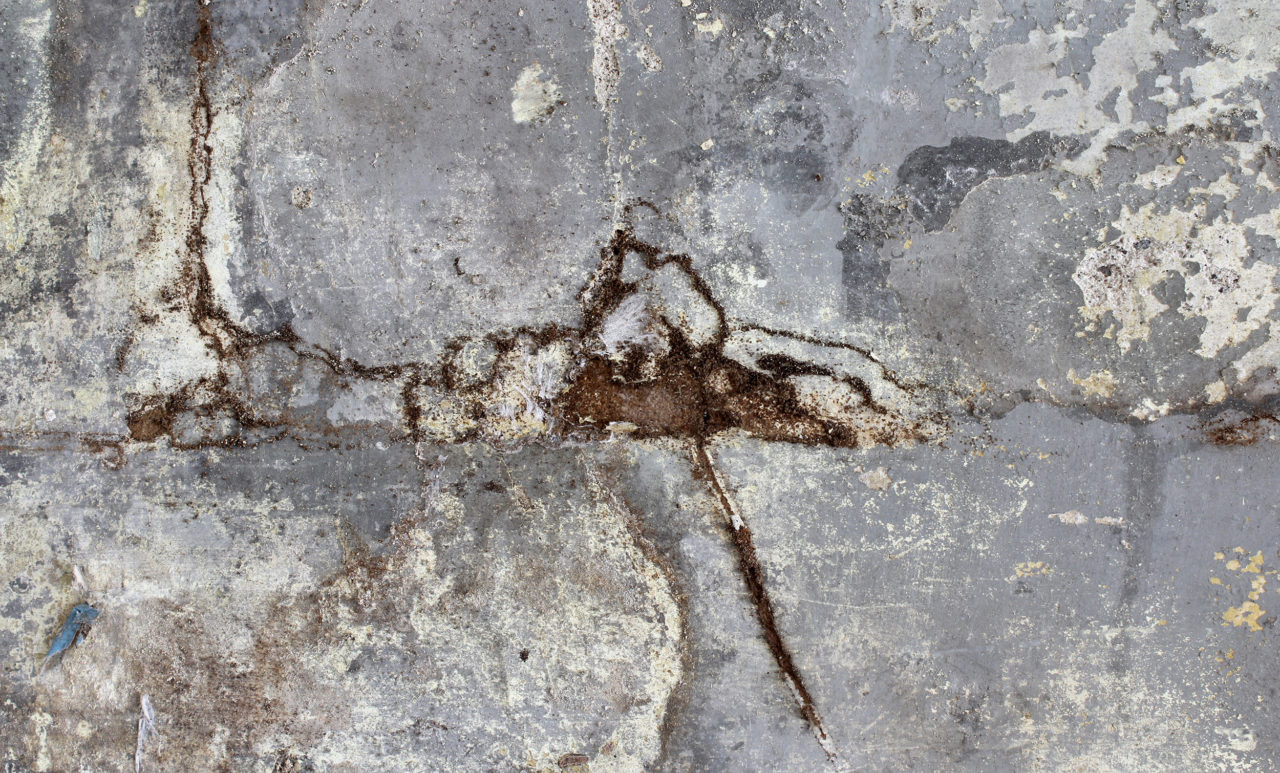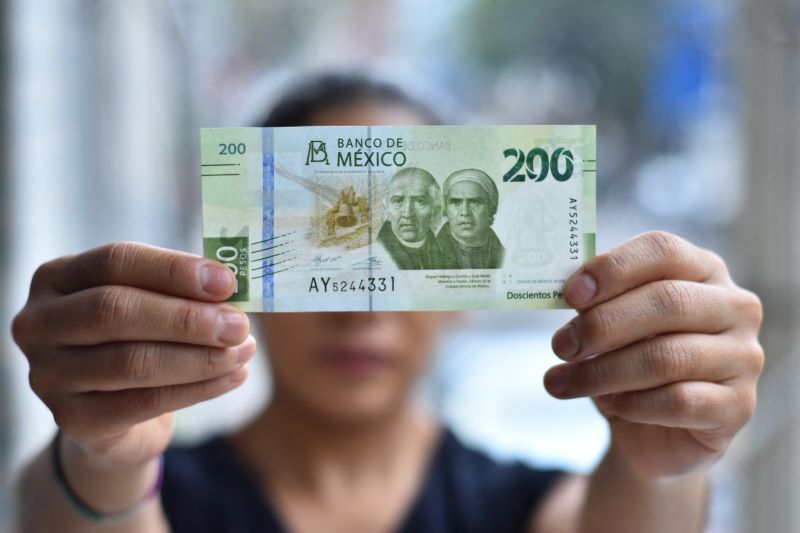The purpose of the USAID-funded Armenia Integrity Project is to reduce opportunities for corruption and reinforce public demand for improved governance and accountability in Armenia. Dexis works to strengthen corruption prevention institutions and integrity systems, support the implementation of specific legal-regulatory measures for corruption prevention, and facilitate a collective action approach to hold local entities engaged in corruption prevention mutually accountable.
Photo by Antoine Merlet / Hans Lucas / Hans Lucas via AFP





